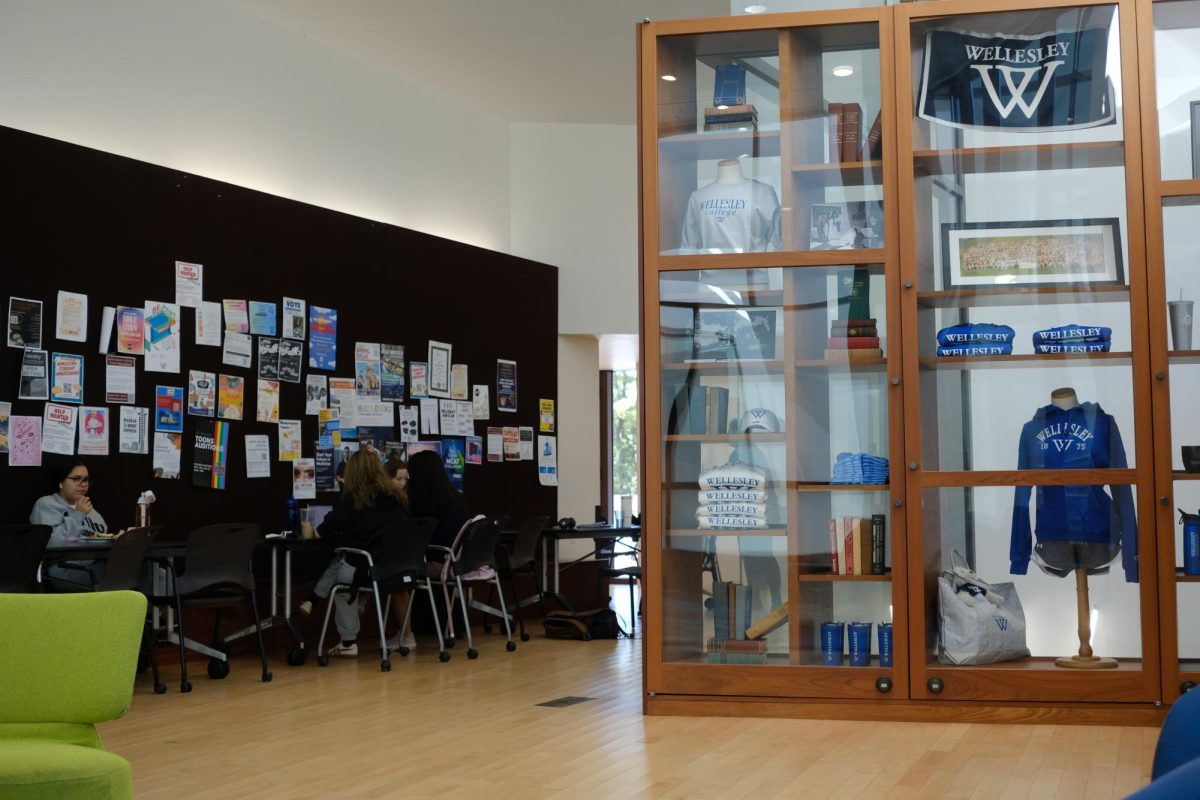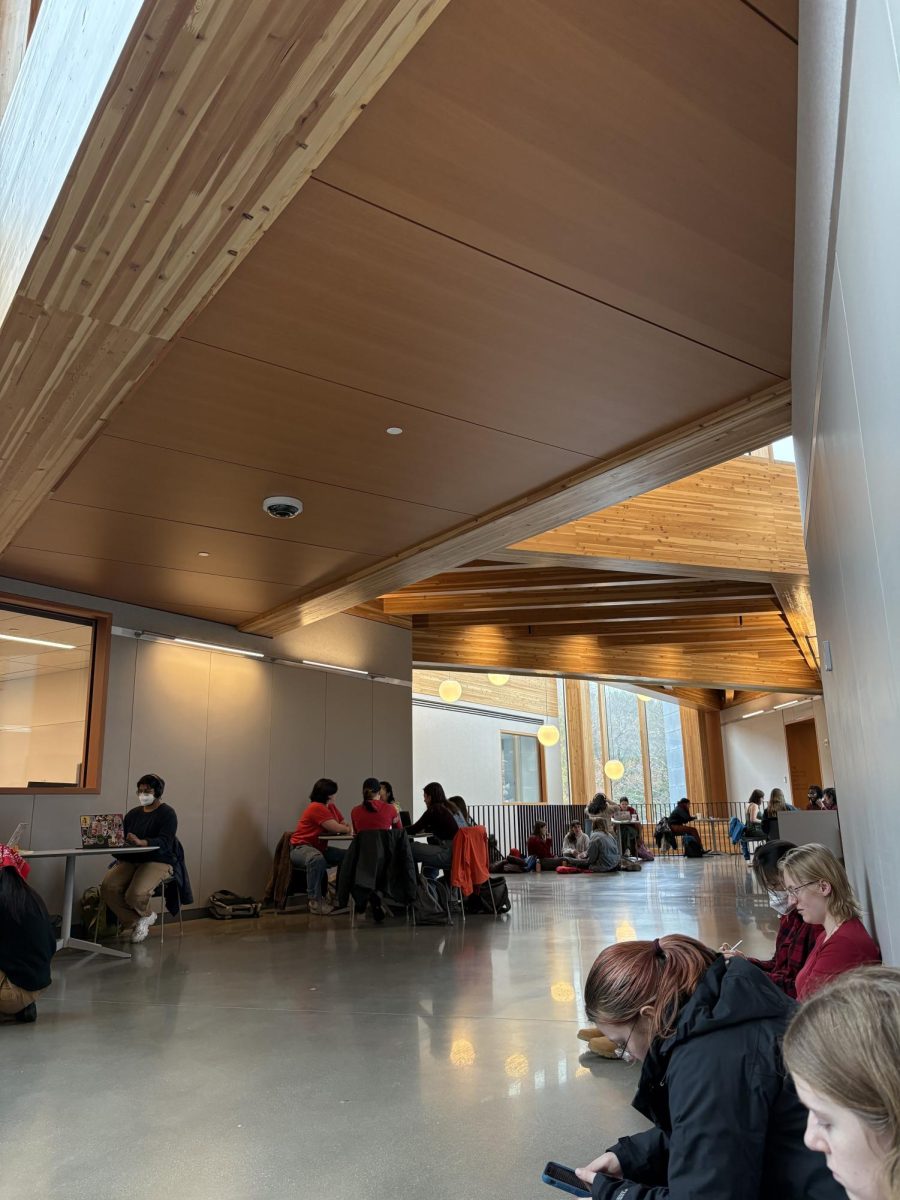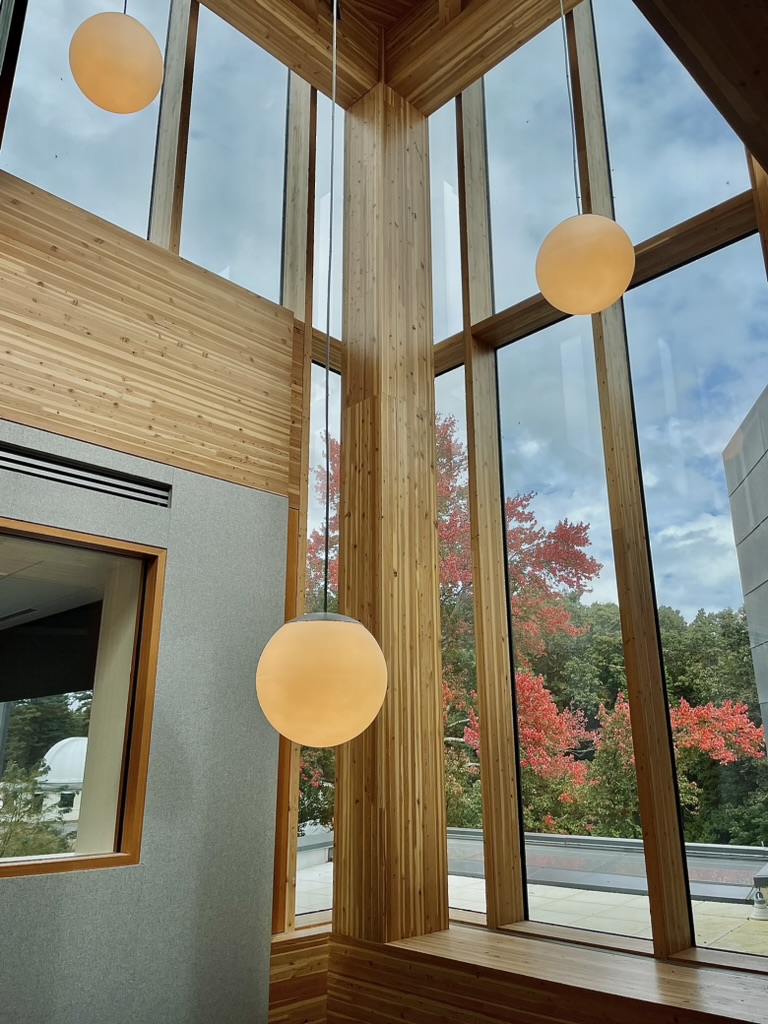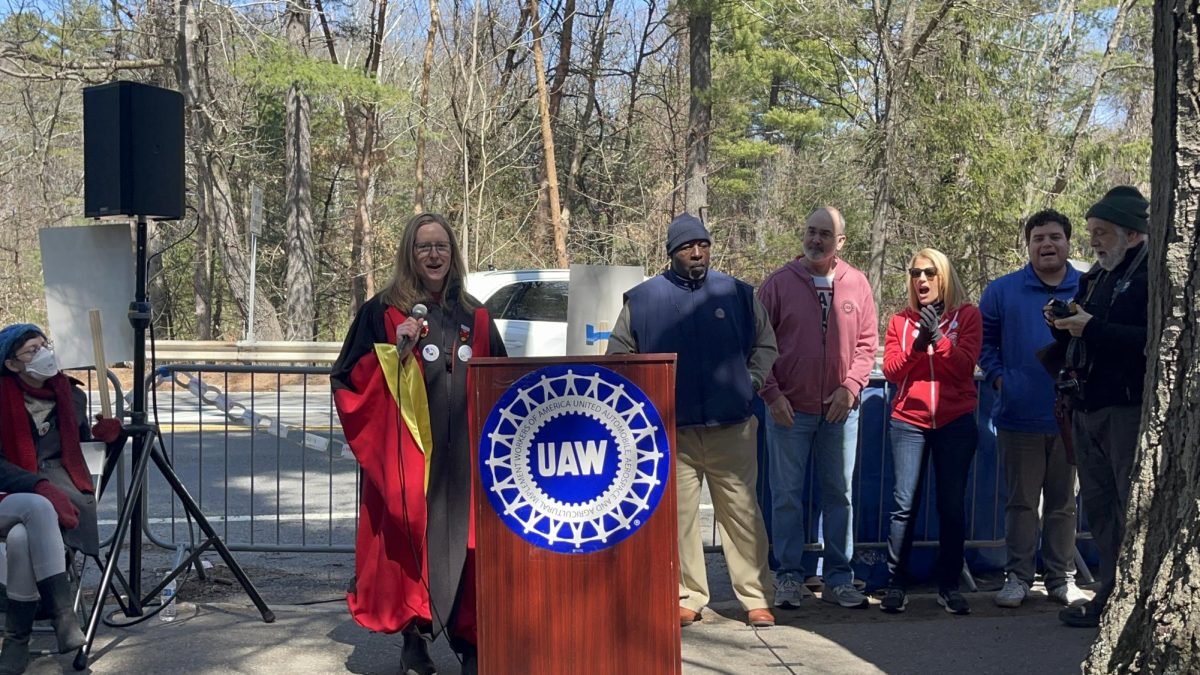Student organizations this year are facing a new policy in security pricing for events. Campus organizations and events have been dealing with increases in pricing and number of personnel needed for events. As campus events ramp up through the semester, increased security has hindered organizations’ ability to organize events, impacting social life on campus.
Issued by Public Safety and Campus Police, the new policy requires student organizations to go through campus security in order to receive the service of security personnel. The cost of these services are to be paid from the funds of each organization.
At a presentation at Senate on Nov. 4, Deputy Chief Ken Ferguson and Lieutenant Ibrahim Dumbuya spoke on a range of initiatives that the office of Campus Police and Public Safety is responsible for, including providing security for events. Ferguson and Dumbuya explained that the amount of event security needed per event is determined by a range of factors, such as the expected number of attendees and nature of an event. The responsibilities of these personnel include monitoring the area to deter potential issues, assisting with crowd control and emergency evacuations, and coordinating with the event organizers and emergency services if necessary.
For events with 100 attendees, one security personnel is needed – this number increases with the number of attendees. The hourly rate for a Wellesley College Public Safety Officer is $55 per hour with a five-hour minimum. Security Officers charge $40 per hour with a four-hour minimum. Notably, the security company lowered this rate from the original $45 an hour and waived the 10% security fee.
One of the biggest events on campus this semester was Rocky Horror, an annual Halloween tradition of screening and shadow-acting of The Rocky Horror Picture Show. Over 600 students attended the show this October.
Rocky Horror did not have an organization to be housed under this year, so it sought funding from Student Organization Funding Committee (SOFC) recreational grant in order to put on the show. Millie Auslender ’27, the director of the show this year, spoke to the News about the challenges of navigating both the finances and logistics of security at the event.
“We knew there would need to be security, but they didn’t even reach out to me when I reserved the space on 25Live … after meeting with Campus Police, they quoted us for five officers which were two public safety officers and three outside officers, so that’s how much we requested from SOFC,” Auslender said. “The issue in my opinion is that the school is making us pay for the security for events but then also not giving us sufficient money to pay for it.”
Katherine Deane ’25, the student bursar, mentioned that security has always been involved at many Wellesley events and has been funded by student organizations. The change in the policy this year is the rate.
“The college used to use a company called Bay Colony Security pre-2019. They charged $20/hour for a minimum of 4 hours. Then, the college seemingly switched to spell out acronym (RSIG) when Bay Colony went out of business – RSIG charged $37/hour for 4 hours. Then after some problems with RSIG, the college switched to Frontier this year. They originally charged $45/hour for 4 hours, but Campus Safety recently negotiated down to $40/hour for 4 hours.”
Auslender sees the issue of security as part of a broader trend at Wellesley of policing social events at the school, stating that Rocky Horror has traditionally been a safe space for queer students to express themselves. Auslender said the presence of so much security could endanger the safety of the space:
“We were talking in that meeting [with campus police] about how queer spaces have been historically overpoliced … in the past two to three years at least, there has not been security in the actual event,” Auslander said.
Specifically for Rocky Horror, a show that is intimate and sexual in nature, Auslander voiced her concerns about older, male security personnel.
“We don’t want [the security] looking at our actors, possibly judging them, and making them feel uncomfortable,” Auslender said. “We communicated that we’re willing to have public safety there in case there’s a medical emergency, but we don’t want the space to feel policed.”
Deane encouraged students to reach out for any information or ideas about the process, also noting the potential for other changes to keep up with changing security costs:
“We’re already having conversations about raising the student activity fee to better serve organizations generally … The reason student organizations pay for security is because it is not accounted for within the other fixed budgets at the college, such as Campus Safety’s budget. It’s important to keep students safe at events, and everyone has to work within a budget, but are there ways to increase other budgets in order for student orgs to have less of a financial burden?” Deane said.




